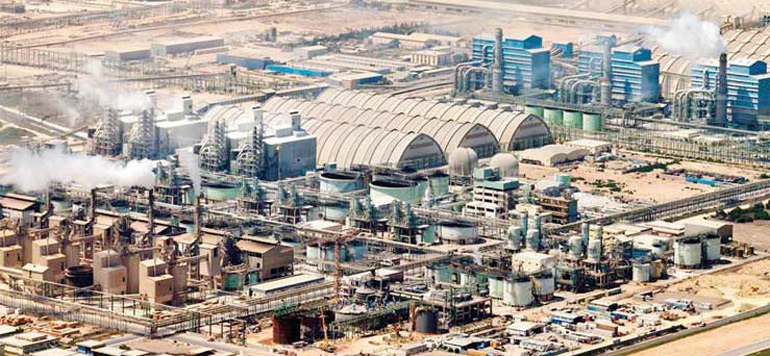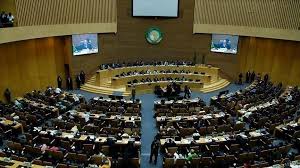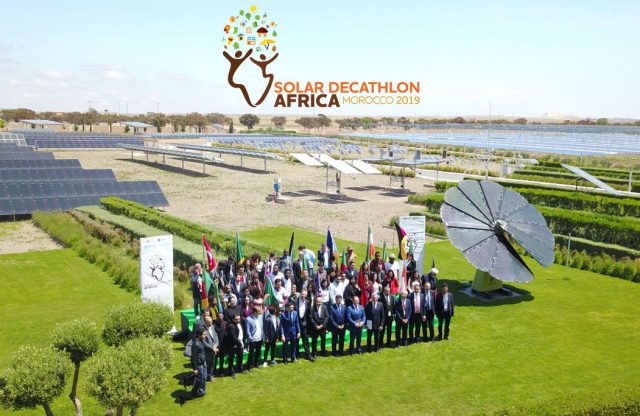Morocco’s phosphate & fertilizer giant OCP has renewed its determination to help improve drinking water supply in the country through the signing of a new memorandum of understanding as well as a concession contract with the government under which the two sides will cooperate to provide potable water through desalination of seawater to Safi and El Jadida regions and thus help improve water management efforts.
Under the first MoU, OCP will desalinate and supply 85 million m³ seawater per year over the period 2023-2025 and 110 million m³, in a second phase, starting in 2026. As of the current year, the OCP group will provide 10 million m³ of drinking water for the Safi water authority, and 30 million m³ for the El Jadida water authority.
The water supply is expected to increase to 15 million m³ per year for Safi and 32 million m³ for El Jalida over 2024 and 2025. The volumes would jump further respectively to 30 million m³ for Safi and 45 million m³ for El Jalida, in 2026.
Under the desalination concession agreement, signed between the government and OCP Green Water, OCP’s subsidiary tasked to develop non-conventional water, desalinated sea water will be supplied to the managers of public drinking water utilities of the regions of Safi and El Jadida, RADEES and RADEEJ at a competitive price. The two regions are facing water stress.
The deals are signed as part of the kingdom’s implementation and acceleration of the National Drinking Water Supply and Irrigation Program 2020-2027 (PNAEPI 20-27), particularly in its component relating to the mobilization of non-conventional water, through the programming of seawater desalination plants.
The agreements form part of OCP’s sustainability-driven programs that encourage optimized water management through the use of non-conventional water resources, namely purified urban wastewater and desalinated seawater.
As part of its “water neutrality” strategy, OCP also seeks to promote the use of green energies as it seeks to use exclusively non-conventional water for its industrial operations.
Morocco has been setting a series of measures to tackle the situation of drought and lack of rainfalls which have affected both drinking and irrigation water assets.
According to a government press release on the deals’ signing, the OCP-government initiative is meant to help save the water source of the hydraulic basin of Oum-Er-Rbia to avoid the risk of disrupting drinking water supplies for the population of the region.



